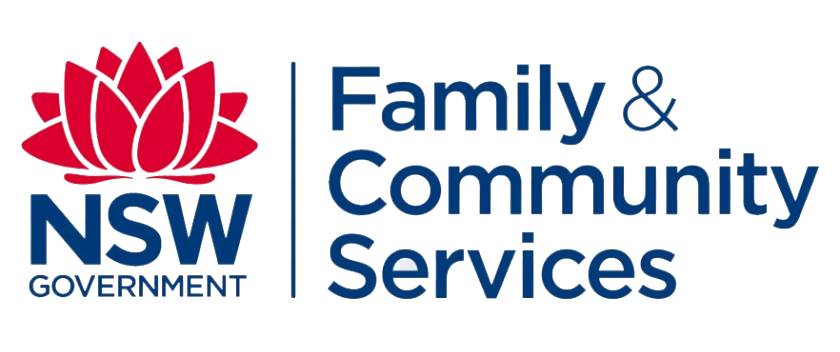Social media has become a constant presence in our daily lives, with billions of people around the world using platforms like Facebook, Twitter, Instagram, Tik Tok and others. Social media has revolutionised how we communicate, share information, and connect with family, friends, and business colleagues. However, with this constant connectivity come questions about its impact on our lives and well-being.
On one hand, social media offers numerous positive benefits. It is easier than ever to stay connected with friends and family, regardless of location. This has made it easier to maintain relationships that in the past would have been limited to post or email. Additionally, social media provides an avenue for self-expression and creativity. This allows people to showcase their thoughts and ideas in new and innovative ways, as well as building a personal brand which can then be monetised. It can also be a valuable source of information and knowledge, as well as a place to connect with others who share similar interests and goals.
The Pew Research Centre stated in article “A median of 84% say technological connectivity has made people easier to manipulate with false information and rumors – the most among the six issues tested. Despite this, medians of 73% describe people being more informed about both current events in other countries and about events in their own country (Greenwood, 2022).”
For marketers, the ability to spread a message that connects has never better, or easier. Taking both the good and bad elements of social media, it is clear that the level of reach marketers have with a message or marketing campaign wasn’t possible twenty years ago. An article by Maryland University stated “Human beings are social creatures. Commerce is driven by human interaction. These two facts will continue to shape the evolution of social media into the next decade and beyond (Maryville Online, 2020).”
One concern is around the reduction of face-to-face communication
One concern is around the reduction of face-to-face communication, which can negatively impact our social skills and relationships with others. The constant pressure to maintain a positive online persona can also lead to increased feelings of anxiety and depression. With any new innovation, there are usually some negative areas that arise, however the overall positives around social media, especially for business are priceless, and the statistics speak for themselves.
In a 2022 article, First Site Guide spruced the following statistics –
- 79 billionpeople bought something online last year.
- 70%of small-to-mid-sized businesses are investing more into their digital presence.
- 70% of people think that digital payment methods will overtake cash and cards by 2030.
- 36%of all small or personal businesses are making their sales on the internet.
(Djuraskovic, 2021)
In conclusion, social media has become an integral part of our daily lives, with both positive and negative effects on our well-being. It is important to use social media mindfully and in moderation, taking breaks as needed to ensure our well-being and relationships with others.
For more information around how social media can benefit your business, visit https://tbs.edu.au/10904nat-diploma-of-social-media-marketing/
References
Greenwood, S. (2022). 2. Views of social media and its impacts on society. [online] Pew Research Center’s Global Attitudes Project. Available at: https://www.pewresearch.org/global/2022/12/06/views-of-social-media-and-its-impacts-on-society-in-advanced-economies-2022/.
Maryville Online. (2020). The Evolution of Social Media: How Did It Begin and Where Could It Go Next? [online] Available at: https://online.maryville.edu/blog/evolution-social-media/#whats-next.
Djuraskovic, O. (2021). 30+ Online (Internet) Business Statistics for 2021. [online] FirstSiteGuide. Available at: https://firstsiteguide.com/online-business-stats/.












